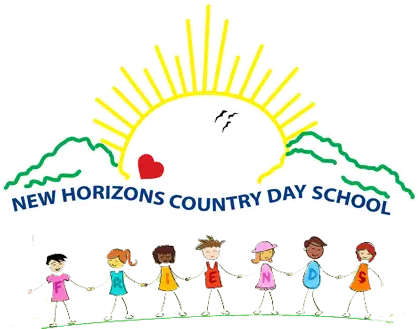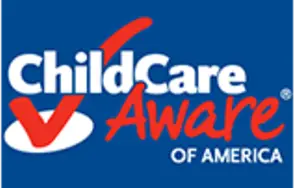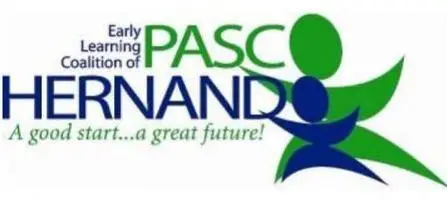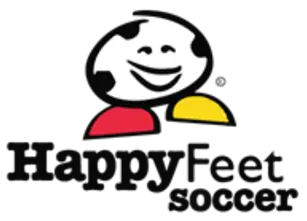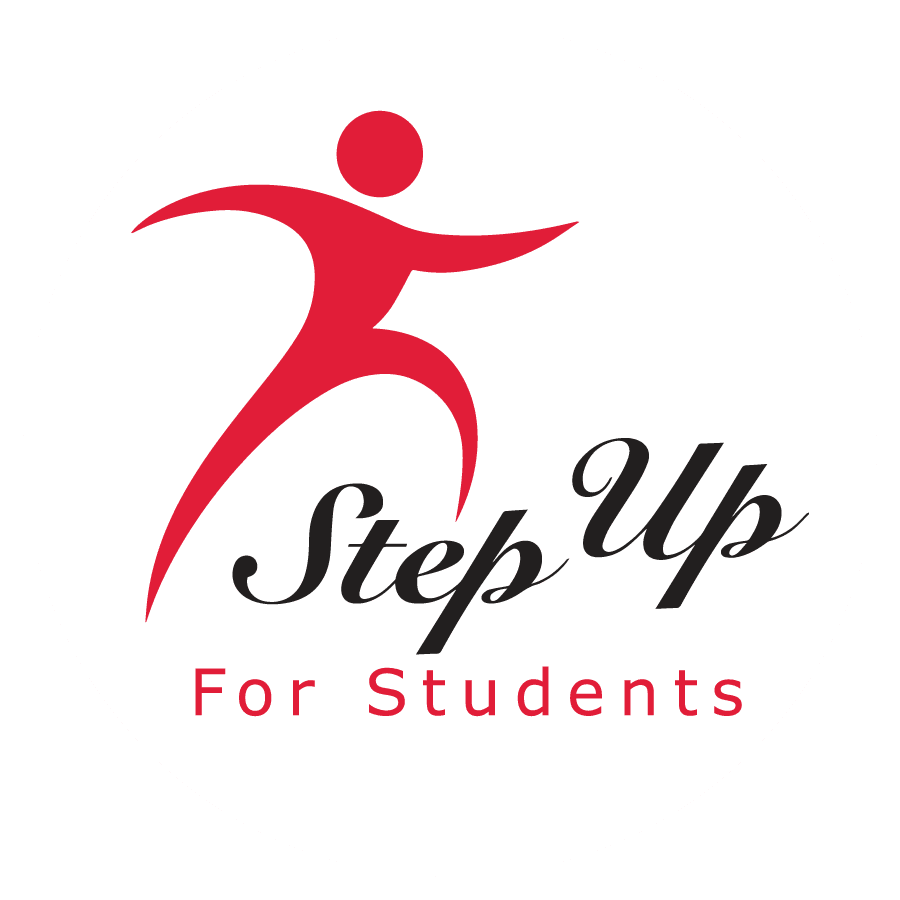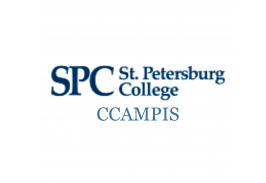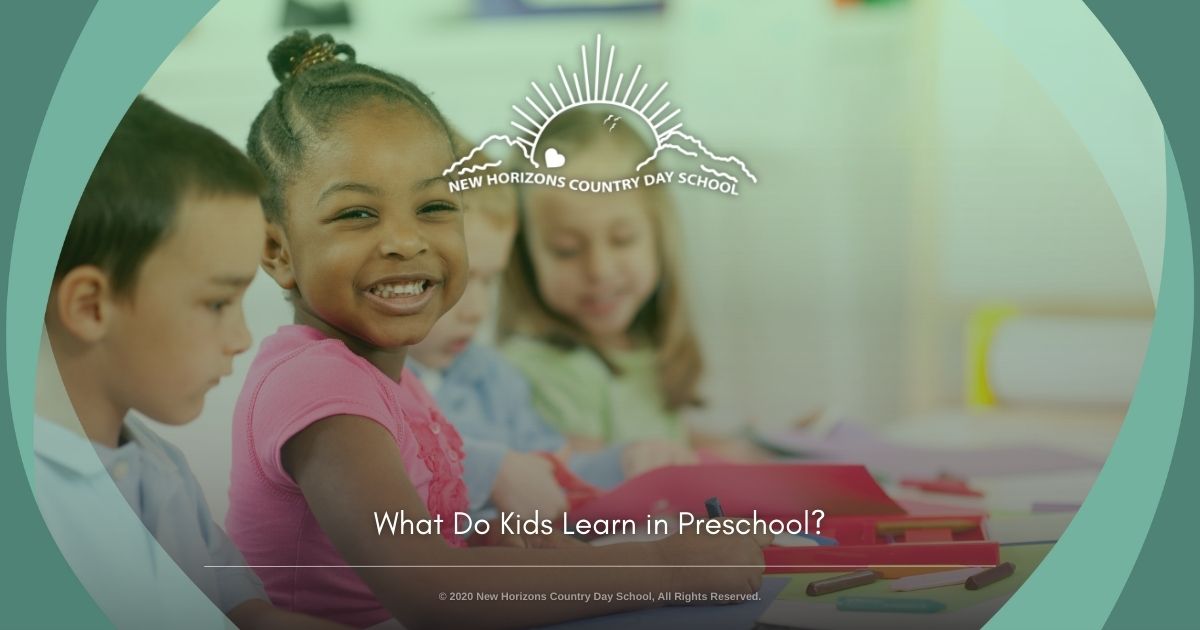
A child’s preschool years are full of fun, exploration, and all kinds of new discoveries. Before children even reach kindergarten, their brains have already grown and developed so much.
Children’s learning during early childhood can benefit them in kindergarten and throughout elementary school. Their preschool experiences can shape how they see the world and their place in it and give them an excellent foundation of knowledge to help them succeed in every stage of life.
But what exactly do children learn in preschool? Many people imagine a preschool classroom as a messy, chaotic place where young children play, eat, and explore. Without being in the classroom yourself, it can be challenging to imagine precisely what kids in preschool learn–and how.
This article will detail what kids learn in preschool and how educators provide these lessons in developmentally appropriate ways. Reach out to the team at New Horizons now to learn about our high-quality preschool and VPK programs or to schedule a visit to our learning center.
What Do Children Learn in Preschool?
Typical preschool programs aim to prepare children for success in kindergarten and throughout elementary school. But what does this mean, exactly?
Preschool education usually focuses on basic literacy, math, and social skills. Research shows that young children benefit from being introduced to these and other academic concepts early in their development so that they’ll have the foundation they need to understand more complex issues later. Studies also show that children benefit from developing their social skills during the preschool years because it allows them to be engaged, respectful members of a classroom community later on.
Here is an overview of what children learn in preschool and how educators provide these lessons in a developmentally appropriate way.
Math, Science, and Literacy
Preschool teachers often follow an evidence-based curriculum that gives children a great academic foundation for kindergarten and beyond. However, teachers are usually free to adapt their lessons to meet their students’ unique needs. Using creativity and time-tested educational activities, preschool teachers focus on the core aspects of their curriculum, including:
- Letter recognition
- Letter sounds
- Tracing and writing
- The calendar: days, weeks, months, seasons, etc.
- Recognizing numbers
- Counting
- Recognizing simple patterns
- Sorting objects by size, shape, color, etc.
- Recognizing and naming colors
- Drawing and coloring with a variety of tools: pencils, crayons, markers, chalk, etc.
- Painting
- Cutting with scissors
- Gluing
- Observing nature: animals and their habitats, seasonal changes, weather patterns, parts of a plant, etc.
Preschool programs often use play-based and interactive learning activities so children can fully engage in their learning. Children are encouraged to explore the environment and materials independently and follow their teacher’s guidance during structured activities.
Social skills
School success means being able to be part of a classroom community. Kids must develop routines, habits, and strategies to be respectful learners and friends.
Preschool programs provide many opportunities throughout the day for young children to learn and practice good social skills, including:
- Hygiene: good bathroom habits, hand-washing, cleaning up after eating, brushing teeth, etc.
- Cooperation
- Listening to a teacher
- Speaking in front of a small group of peers
- Taking turns with toys
- Transitioning from one activity to the next
- Following simple classroom rules
- Respecting others’ bodies and belongings
- Dressing, going to the bathroom, and eating independently
Children who begin kindergarten with a solid foundation of social skills often have fewer behavior issues, feel more confident, and have generally better outcomes throughout school.
Motor skills
Young children typically like to move, play, climb, and explore. These gross motor skills are essential to a child’s development because they affect how children are able to use their bodies to navigate the world.
Preschool programs prioritize activities that help children develop strength and balance, such as running, dancing, jumping, and more. Outdoor play is an essential part of a preschool program, and many opportunities for movement are built into the school day.
Fine motor skills are also critical to success in Kindergarten. Children must develop their hand strength so that they can write, color, cut, and more in school. Preschool programs offer many opportunities for children to build their fine motor skills while having fun, including:
- Cutting
- Drawing
- Painting
- Playing with play-dough
- Using snaps, buttons, pipe cleaners, and other small manipulatives
- Building with Legos
Children in preschool programs often arrive at kindergarten with better-developed motor skills that can help them feel more confident in the classroom.
Preschool programs offer an ideal balance between free play, child-led exploration, and teacher-led educational experiences. Dedicated educators use a wide range of methods to help each child get the most out of their time in preschool and ensure they build a strong foundation of experiences that will serve them well in kindergarten and throughout elementary school.
Find a Preschool
If you are the parent of a preschool-aged child and are wondering, ‘What do kids learn in preschool?’, contact the team at New Horizons to learn about our programs. Or, better yet, schedule a visit to see for yourself! We’d love to welcome you and your child for a visit to our incredible learning center.
